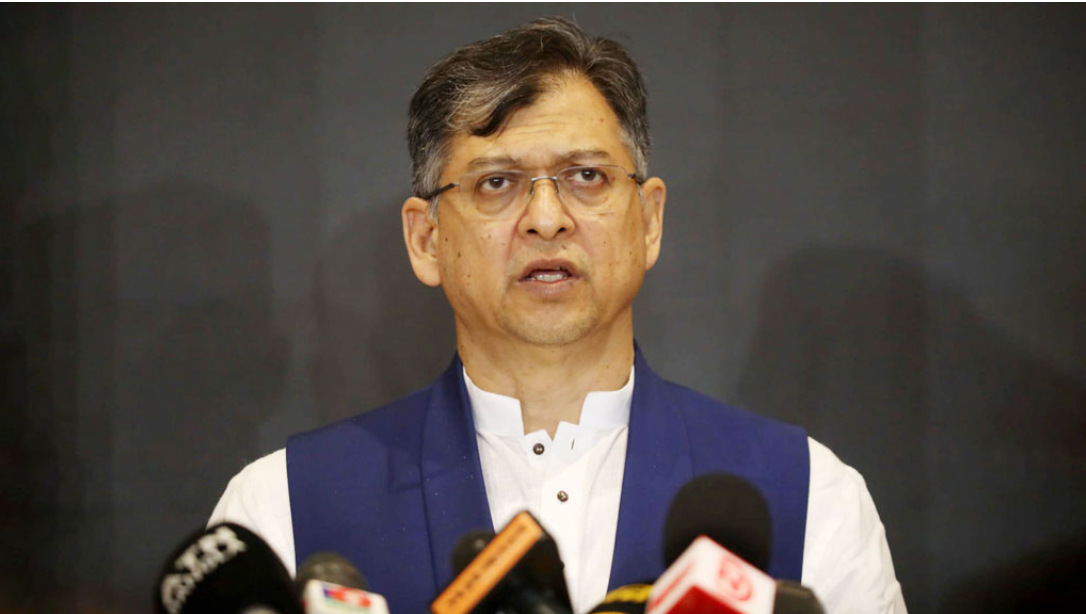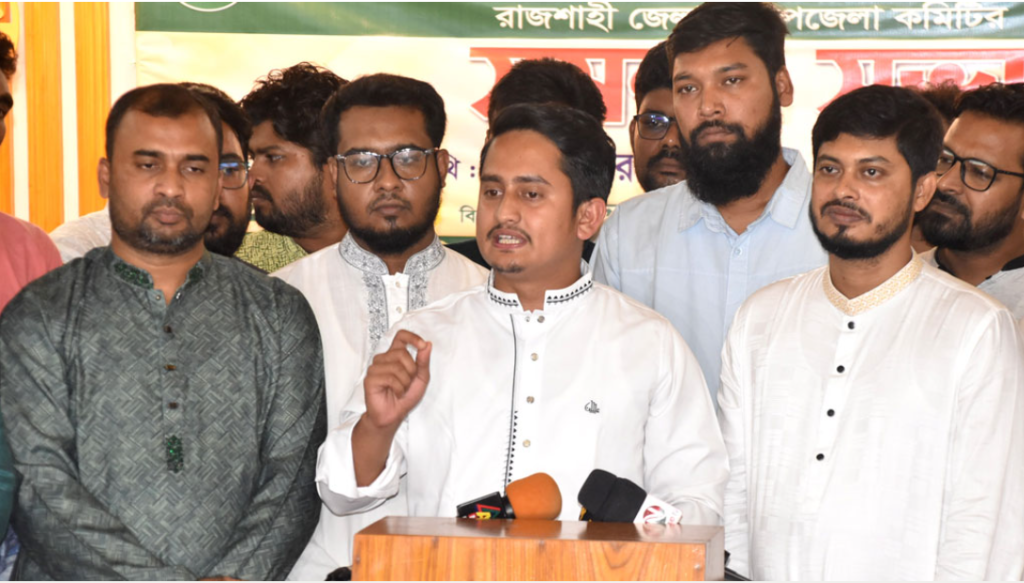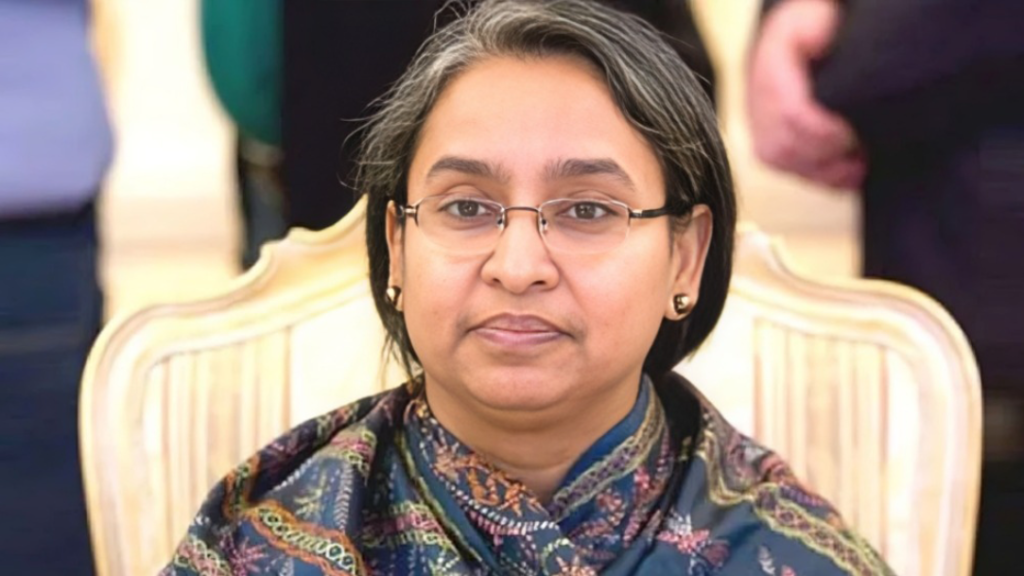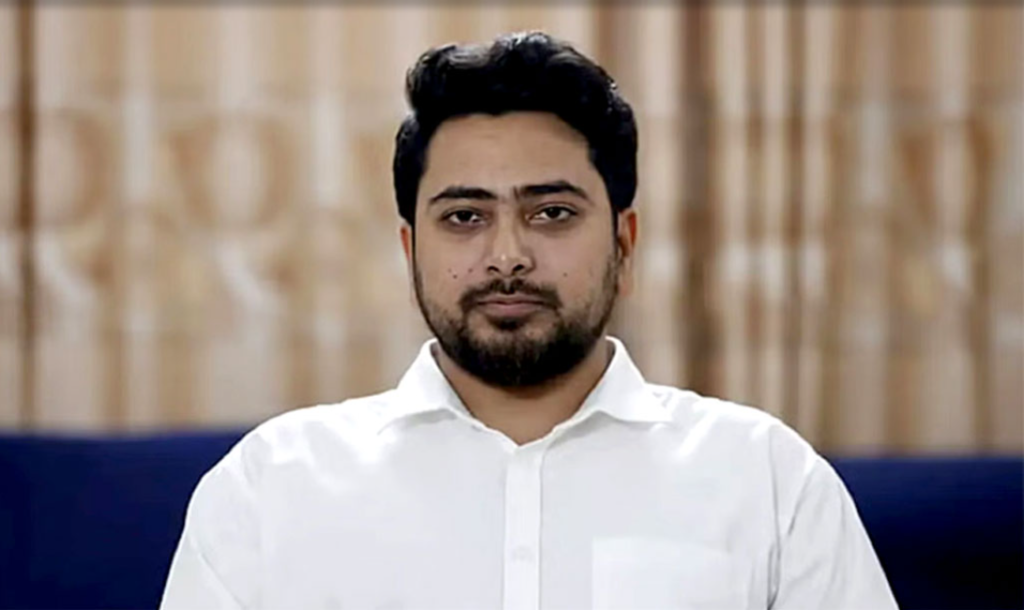Desk Report:
Reforms, trials and elections are in no way related to each other, said Salahuddin Ahmed, a member of the BNP standing committee. He said, “Reforms will continue like reforms, it is a continuous process. Time limits cannot be set for trials, otherwise it will be unfair. It will continue, no matter which government comes. But elections cannot be made conditional. If elections are not held in February, there may be a threat to regional security.”
He said these things at the National Consensus Commission meeting held on Sunday at the Foreign Service Academy in the capital in the presence of Chief Advisor Dr. Muhammad Yunus on the implementation process of the July Charter.
Stating that BNP has been the most “victim of injustice” during the Awami League government for the past 15 years, Salahuddin said, “We have been subjected to disappearances, killings and torture. Trials will continue, this is our commitment, the commitment of the nation. But elections cannot be made conditional. Fascism is trying to create an uncertain environment for holding elections in the country in the first half of February.
If we do any such activity, the fascist forces will get an opportunity, will get a glimpse, that will be a threat to our national life… Many are saying that it will be a threat to national security. I am saying that it can be a threat to regional security. There are two regional forces here. We do not want to take Bangladesh there. Elections must be held on the specified timeline.’
Referring to reaching a national consensus on many issues, he said that there is a need for reforms in more issues, which you may not have been able to address due to lack of time, they must be addressed before the nation.
Referring to constitutional reforms, the BNP leader said, ’19 basic issues have been identified here. In reality, there are many more basic issues. We have received 826 small and big reform proposals. We discussed these in the party and gave written opinions. We disagreed with only 51 proposals. We suggested accepting 115 proposals with our dissenting opinion. There is almost a final consensus on this issue. There are 845 reform proposals on the basic ones.’
Mentioning that the implementation of the reform proposals is being taken to the point of complexity, Salahuddin said, ‘We do not want to leave any issue that will not survive after two days, may become a challenge. The issues on which we have reached consensus are being implemented and will be done.’
Highlighting that 19 constitutional issues remain, Salahuddin Ahmed said, ‘We have agreed on some of these issues, including the ‘Note of Distinction’. In our view, it is better if MPs do not have independence on four issues of Article 70. Everyone has agreed on at least two issues. A charter is being prepared mentioning the language of the Note of Distinction and we will sign it accordingly. Those who will get the mandate of the people will protect their Note of Distinction and implement it. This is not a complicated issue.’
Mentioning that except for two to three important issues, the BNP leader said, ‘These are very easy to implement. But which forum? Can constitutional issues be resolved in any forum other than the next parliament? The Supreme Court can give legal advice on this. We can go there and seek help. If there is anything beyond this, let us know, we agree. We have said that we are ready to sign the charter, I have said that before.’
Emphasizing the need to maintain anti-fascist national unity and negotiate more to convert it into strength, Salahuddin said, ‘We will compromise. If we can find a way through discussion, we will agree to it. There are clerical mistakes and some confusion in the final July charter that has been prepared. We will correct it, it is nothing major.
‘But it will be a national document, a document of political compromise, a historical document—that is why it is desirable for it to be accurate. It would not be right to include in it issues that were not discussed. The debate can be minimized.’
Raising the position of some parties on not signing the charter if it is not given a legal basis at the last moment, Salahuddin said, ‘We said, if there is a discussion on the legal basis, we will participate in it. That discussion has started. Before that, the commission took the opinions of experts. From there, we gave written opinions on the draft of the pledge that was given. It would not be right to raise issues that will not survive later.’
Salahuddin further said, ‘Questions cannot be raised in any court—there cannot be such a document, it is not acceptable to place the charter above the constitution. There can be many ways beyond this, so that we can give a legal basis to validate it. We can take advice from the Appellate Division, whether it can be made an extra-constitutional order or a special constitutional order. Then, even if it is challenged in the judiciary in the future, you can say—we took the opinion. Now you can give that advice or not.’
The BNP standing committee member said, ‘You (Chief Advisor) made the Special Constitutional Order. None of us said anything. We gave you the responsibility from the Consensus Commission, you decide on the implementation of the charter. Then you did it. But if any citizen challenges it and goes somewhere, it will raise questions about your global reputation. We have had a lot of discussions, from there you can take any opinion. You have that freedom.’




